More and more homeowners and businesses are opting for camera security.
Before having your cameras installed, it is important to be aware of the laws and regulations surrounding camera security.
We distinguish between private and business camera security here.
Private camera security
If you want to secure your property at home or if it makes you feel safe to opt for camera security yourself, you need to comply with the rules of the AVG (General Data Protection Regulation).
The main rule with security cameras at your own home is that your camera should only film your own property. Sometimes you may have to film a bit of the public road. However, you should always take care to minimise the privacy of passers-by.
The rules:
- Adjust the camera as best you can; make sure you basically film only your own belongings.
- Inform people about the camera; you should let people who enter your premises know that you are filming them. This can be done with a sticker stating that there is camera surveillance. This also applies to the doorbell with camera.
- Keep images for a short time or not at all; delete images as soon as you no longer need them.
- Do not share the images with third parties; you may not just post the oaken images on the internet. Has a criminal offence been committed? Then you may share the images with the police. The police may then also request the images from you.
- Blur faces of passers-by; people are less likely to be recognised this way.
- Secure camera images; make sure you have good quality cameras. Set your own password and username. This prevents the risk of hacking.
- Respect the privacy rights of the people you are filming; they have the right to view the footage you have taken of them.
Only in very exceptional cases are you allowed to purposefully point a camera at part of your neighbours' property or public space. You can read more about this on the personal data authority website.
Business camera security
If as a company or organisation you want to use camera surveillance to secure your property, buildings or staff, the General Data Protection Regulation (AVG) has requirements for this.
- The basis must be necessary; if the purpose is the security of property and staff, the basis is often a legitimate interest. For example, to prevent theft and protect people.
- Camera surveillance should be the only option; you cannot achieve your goal any other way. Camera surveillance should not stand alone and should then be part of a package of measures.
- Conduct DPIA for high privacy risk; if the data processing poses a high privacy risk to the people you are filming, you must conduct a data protection impact assessment.
- Get consent from the works council or employee participation council; if the camera surveillance is aimed at your employees.
- Let people know that camera security is in place; this can be done, for example, by putting up signs.
The AVG gives privacy rights to the people you film. They have the right to see the camera footage, they have the right to be forgotten (erase footage), the right to restrict processing and have the right to object to the use of personal data.
Hidden cameras
Special focus on the rules regarding the use of hidden cameras.
You should only use hidden cameras if there are clear suspicions of, for example, theft or fraud by employees or students.
Strict conditions are then:
- You failed to put an end to the situation despite other efforts.
- Monitoring with the hidden camera is temporary.
- The invasion of privacy is minimised; a camera in a fitting room, changing room or toilet is prohibited.
- You have informed your customers, visitors, employees, students or patients in advance that hidden cameras are possible in certain situations.
- You should report afterwards that you used a hidden camera.
Retention period
Camera images should not be kept longer than necessary. According to the personal data authority, images may be kept for 4 weeks if nothing special can be seen on them. If an incident has taken place, you may keep the recording until the incident is resolved.

